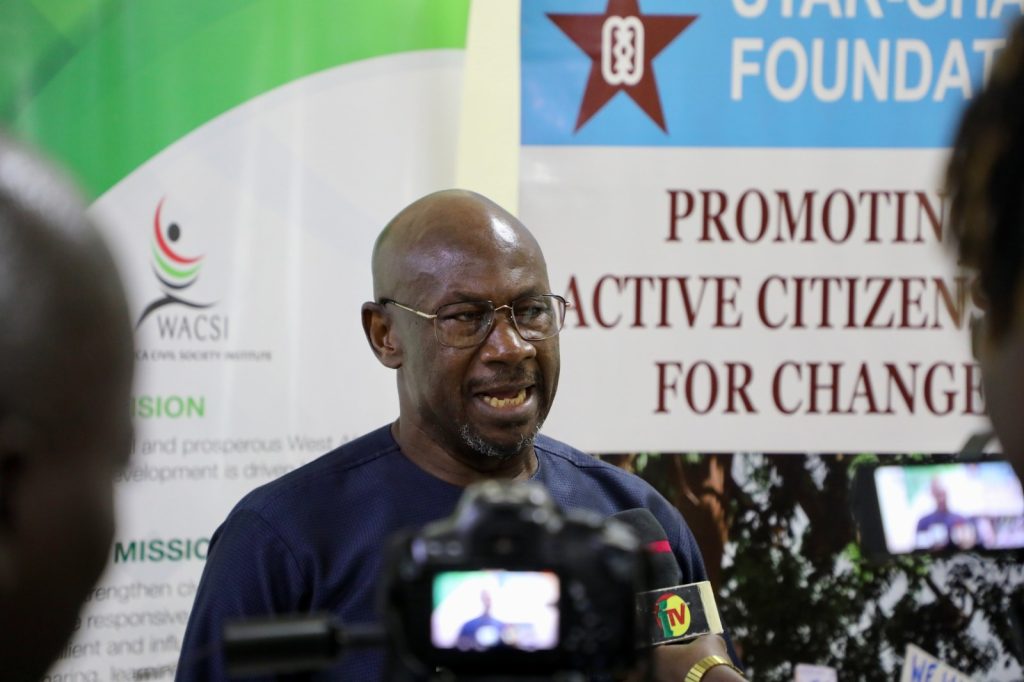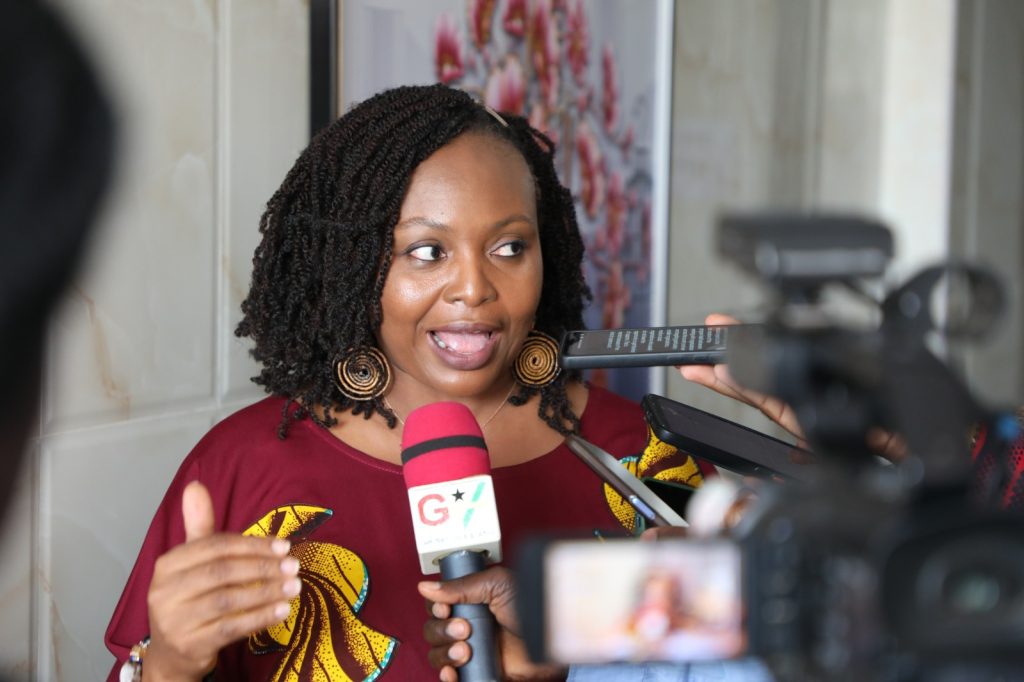By James Amoh Junior
Accra, April 25, GNA – Star Ghana Foundation (SGF) and Civil Society Actors have called for strengthened and equitable partnership for sustainable growth and achievement of social development goals.
The partners observed that effective partnership and collaboration offer particularly high potential for accelerating and scaling up engagements for sustainable development, driving change and shaping the ecosystem.
At a day’s forum on “Shifting Power in Development Practice” and the launch of the Civil Society Strengthening Programme/Shift the Power (CSSP/StP), the Civil Society Actors said partnerships were valuable tools to drive change towards more responsible, inclusive, and sustainable growth in the country.
STAR-Ghana Foundation and the West Africa Civil Society Institute (WACSI) are currently implementing the CSS/StP with funding from Comic Relief and the UK Foreign Commonwealth and Development Office (FCDO).
The eight-year programme aims to provide long-term support to Civil Society Actors (CSA) in Ghana, contributing to their resilience, responsiveness, and effectiveness in delivering the priorities of their constituents.
It seeks to build institutional resilience of civil society organisations in Ghana by providing a more progressive, negotiated, participatory and widely owned solution to social development work.
Prior to the lunch, STAR-Ghana Foundation and WACSI held a series of consultations across the country in three zones (Southern zone, middle belt, and the northern sector) on the validation of project frameworks and tools developed for the implementation of the CSSP/StP.
Ibrahim-Tanko Amidu, Executive Director, STAR-Ghana Foundation, said there was a general assumption that equitable relationship fostered ownership and led to effective civil society strengthening and sustained development outcomes.
He said: “there is legitimacy derived from working in Partnerships and building relationships relevant for social action.”

Partnerships, the Executive Director said, reflected the idea that went beyond charity to building solidarity across different parts of the world to fight for justice so that people directly affected by issues could still partner with others to alleviate suffering and to address those issues.
“Relationships are at the heart of everything. How one develops it, what is focused on, and the term of the relationship is important,” he said, explaining that literature had shown why partnerships could help Non-Governmental Organisations to achieve social development goals.
Mr Tanko Amidu said, the colonial legacies of aid had created a dominance culture of power imbalances where aid-giving countries or institutions had tended to have more influence over what issues were prioritised for development assistance and how development assistance was carried out.
From the foregoing, he noted that relationships among actors within the aid and development sector were characterised by discrepancies between the ideal values of partnerships and the reality characterised by inequality.
He said the relationships “should not be viewed as a one-side-fits-all” approach as civil society was not homogeneous and the ways in which relationships were entered into with organisations would differ.
“Partnerships should precede grants making or resourcing,” Mr Tanko stressed, and explained that the “understanding of the issues and what needs to be done, what is being brought to the table” were key elements that should precede the issue of resourcing.
As a unique feature of aid and development, he said, institutions must build Partnerships to optimise complementarity in achieving goals, adding that “good partners make for good projects…”
The Executive Director said co-creation, an essential part of the project, “gives a sense of going beyond how partners work together to looking at how problems are jointly defined and addressed.”
Nana Asantewa Afadzinu, Executive Director, West Africa Civil Society Institute (WACSI), one of the implementing organisations, said in co-creating, the project would also target particularly smaller and medium sized organizations who usually do not have the opportunity to get the kinds of support needed to advance development.

Ms Afadzinu said there was a need for equitable partnership centred on mutual respect and trust for sustainable outcomes and overall development.
Eunice Rachael Agbenyadzi, Head of Programmes, SGF, said the CSSP/StP which was a long-term support from 2022-2030, was also being implemented in Zambia and Malawi and has two components – organisational development and grant.
“It focuses on how civil society can be more resilient (Independent, sustainable), and how they can deliver the priorities of their constituents, among others. We are not set up for ourselves, but we are set up to meet some specific needs of our communities.”
Ms Sarah Adjei, The Project Manager, CSSP/StP, said the project which aims to provide long-term support to civil society actors in Ghana, also “seeks to support and facilitate CSAs actions for increased resilience as organisations, and to make them more effective, responsive, and accountable to their constituents’ needs and priorities.”
GNA